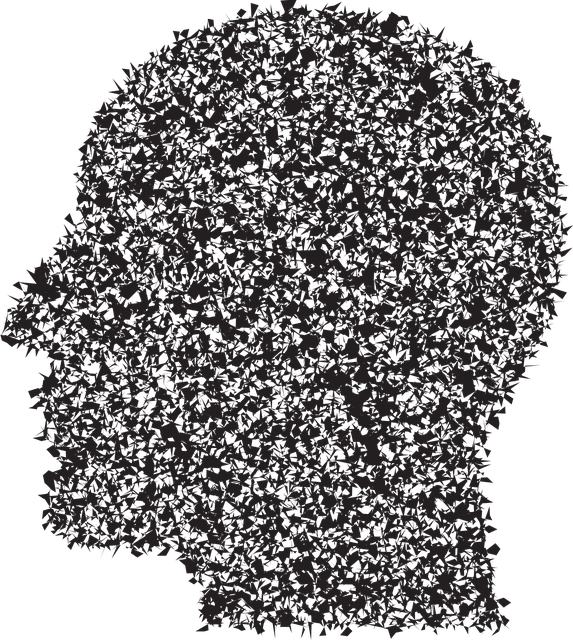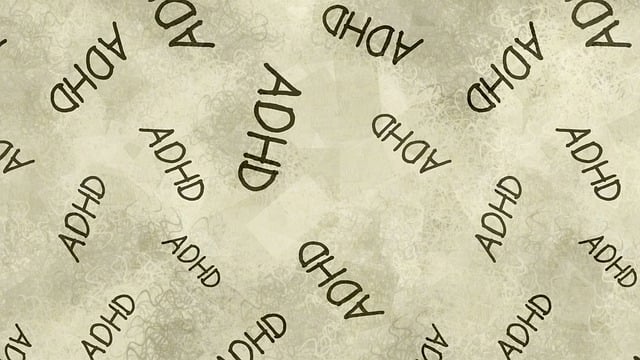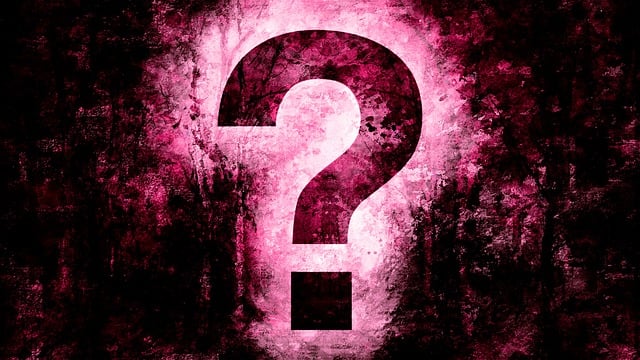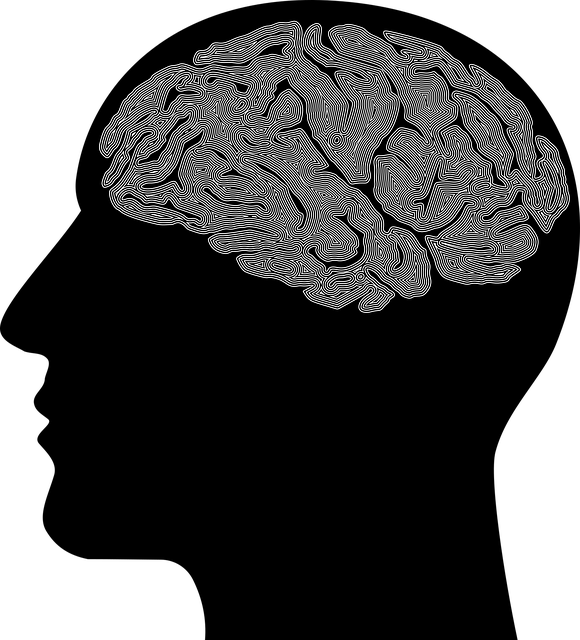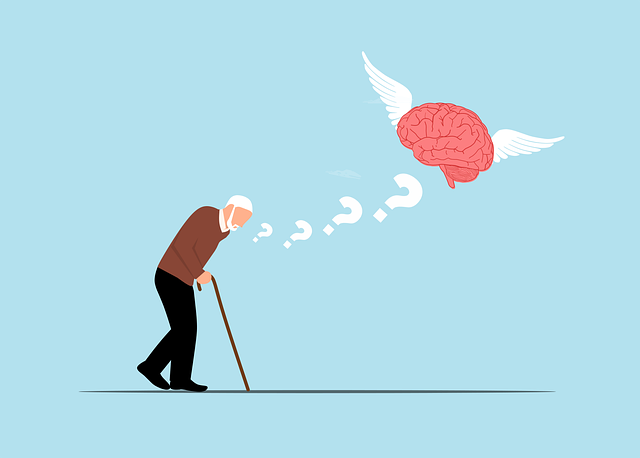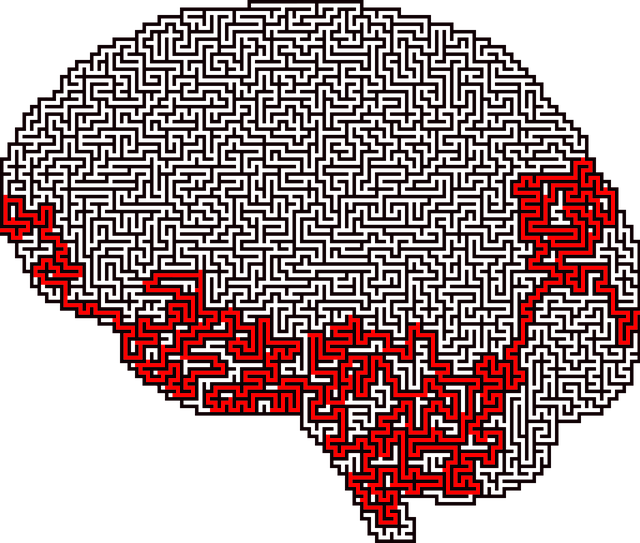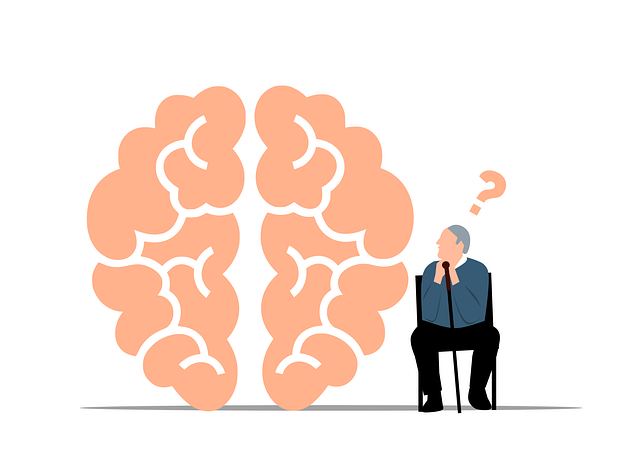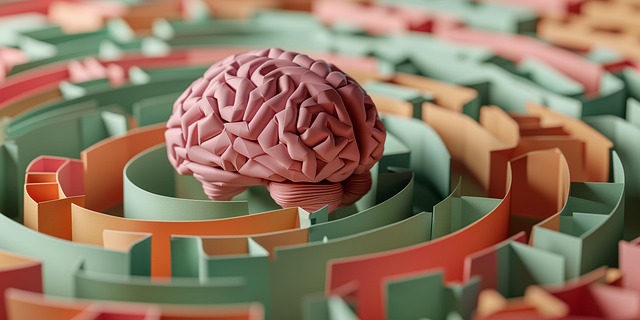Diagnosing mental illness in Centennial Couples accurately is complicated due to individual variations in symptoms, rooted in personal history, genetics, and environment. Open communication between couples and therapists is vital for early detection. Advanced assessment tools integrating therapy techniques and addressing communication issues enhance diagnostic reliability, enabling personalized treatment plans. Therapists should employ active listening, safe narratives spaces, reflection, summarization, cultural competency training, and resilience-building strategies to improve diagnosis accuracy. Recognizing unique Centennial Couples Communication Issues related to digital preferences and relationship expectations is crucial for effective therapy, fostering healthier relationships and coping mechanisms.
Mental illness diagnosis accuracy has long been a subject of concern, with many challenges arising from its complex nature. This article delves into strategies aimed at enhancing diagnostic precision, exploring critical areas such as understanding the complexities of mental health conditions, adopting comprehensive assessment tools, and improving patient-therapist communication.
Furthermore, it highlights the relevance of integrating Centennial Couples Communication Issues into therapy practices, offering a holistic approach to address the unique challenges faced by couples seeking support.
- Understanding the Complexities of Mental Illness Diagnosis
- The Role of Comprehensive Assessment Tools
- Enhancing Communication Between Patients and Therapists
- Integrating Centennial Couples Communication Issues into Therapy Practices
Understanding the Complexities of Mental Illness Diagnosis

Diagnosing mental illness accurately is a complex task due to its multifaceted nature and the wide array of symptoms it can present. Each individual’s experience with mental health conditions is unique, influenced by their personal history, genetics, and environmental factors. This complexity often leads to challenges in differentiation among various disorders, which can result in misdiagnoses or delayed treatment. For instance, anxiety and depression share many similar symptoms, yet they require distinct therapeutic approaches.
Efforts to enhance diagnosis accuracy focus on improving communication between patients and therapists, promoting self-awareness and understanding of mental health issues. Centennial couples communicating openly about their experiences can facilitate early detection. Therapy sessions that encourage self-esteem improvement and inner strength development offer valuable tools for both patients and therapists. Additionally, the implementation of Mental Wellness Coaching Programs can provide personalized guidance, ensuring individuals receive tailored support for their unique mental health journeys.
The Role of Comprehensive Assessment Tools

In the pursuit of enhancing mental illness diagnosis accuracy, comprehensive assessment tools play a pivotal role. These tools are designed to capture a holistic view of an individual’s psychological state by integrating various aspects such as Centennial Couples Communication Issues and therapy techniques. Modern assessment methodologies move beyond traditional diagnostic criteria, incorporating advanced measurement scales and qualitative assessments that consider the nuances of human behavior and emotional expression. This multi-faceted approach not only improves diagnostic reliability but also paves the way for more personalized treatment plans.
By integrating conflict resolution techniques as part of these comprehensive tools, mental health professionals can gain deeper insights into patients’ interpersonal dynamics, which are often at the heart of many mental health issues. Such an inclusive strategy supports Depression Prevention efforts by addressing root causes and promoting Mental Health Awareness. This proactive approach ensures that individuals receive appropriate interventions tailored to their unique needs, fostering better outcomes in therapy.
Enhancing Communication Between Patients and Therapists

Effective communication is a cornerstone of accurate mental illness diagnosis and successful therapy. Many patients face challenges in expressing their feelings and experiences, often due to Centennial Couples Communication Issues. These barriers can hinder therapists’ understanding of patients’ struggles, leading to misdiagnoses or delayed treatment. Enhancing this dialogue involves encouraging active listening, creating safe spaces for patients to share, and employing techniques like reflecting and summarizing patient narratives to ensure comprehension.
Therapists play a pivotal role in fostering better communication by prioritizing open conversations, being culturally competent, and recognizing the impact of burnout on their ability to connect with patients. Healthcare Provider Cultural Competency Training equips professionals with skills to navigate diverse backgrounds, enhancing empathy and accurate interpretation of symptoms. Moreover, resilience-building strategies can help both therapists and patients cope with challenges, leading to more productive interactions and improved diagnosis accuracy.
Integrating Centennial Couples Communication Issues into Therapy Practices

In recent years, there has been a growing recognition of the importance of addressing Centennial Couples Communication Issues within therapy practices. This generation’s unique challenges, such as digital communication preferences and differing expectations about relationships, can significantly impact mental health. Therapists are now being encouraged to integrate these cultural nuances into their sessions to improve diagnosis accuracy and treatment effectiveness. By understanding the specific communication patterns and potential conflicts that arise in Centennial couples, therapists can better assess and address underlying issues related to emotional intelligence and coping skills development.
The integration of strategies for stress management is crucial when dealing with this demographic. Many young couples struggle with balancing their digital lives and personal connections, leading to increased anxiety and depression. Therapists who incorporate techniques to enhance communication, resolve conflicts, and promote emotional understanding can better support these individuals in managing their mental health. This approach not only improves diagnosis accuracy but also fosters healthier relationships, enabling couples to develop stronger coping mechanisms for life’s challenges.
Mental illness diagnosis accuracy has been a long-standing challenge, but with a comprehensive approach that integrates various strategies, significant improvements are achievable. By understanding the complexities of mental health conditions, utilizing robust assessment tools, and fostering better patient-therapist communication, especially when addressing Centennial Couples Communication Issues in therapy practices, we can enhance diagnostic precision. These efforts collectively contribute to more effective treatment plans and improved patient outcomes.
